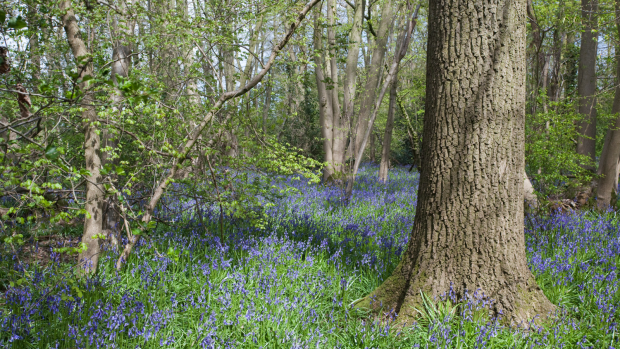NSA responds to launch of series of actions in England protecting habitats and species on land
21st May 2021
The National Sheep Association (NSA) takes great pride in the way the UK’s sheep farmers integrate high quality productivity with a balanced approach to the protection of nature and managing climate change by their farming practices. It therefore welcomes the potential opportunities offered by the recent (18th May) announcements from DEFRA of the Environment Bill introducing a range of action plans to support the creation of a Nature Recovery Network to dovetail with new agricultural policies.
The Environmental Land Management schemes (ELMS), the Sustainable Farming Incentive (SFI), Local Nature Recovery (LNR) and Landscape Recovery (LR) are intended to encourage and reward environmentally sustainable actions, support local nature recovery and deliver landscape and ecosystem recovery. However, the detail is still to be made clear how these schemes will operate and how they will recognise the good work that is already in place on many of the nation’s sheep farms.
As part of the series of actions, plans were given as to how woodlands will be managed and created for biodiversity; The England Trees Action Plan will provide measures to better protect existing trees and woodland for environmental gain, while also acknowledging that woods and trees are vital habitats as well as important for sequestering carbon.
NSA Chief Executive Phil Stocker comments: “Trees are good for nature and climate, as well as for soil management and sheep welfare – but it should be a case of the right trees in the right place with clarity over whether trees are for timber production or for habitat gain. We also have to consider resilience and biosecurity, as with Ash Dieback we are seeing as many trees lost in some areas as being planted. This must also be along with the need for greater recognition of the valuable role of grasslands (a view that has gained traction) in reliability, resilience, environmental management, and climate control.” Further information is available at The role of trees in sheep farming | Policy Work | National Sheep Association
NSA also acknowledges the introduction of the England Species Reintroduction Taskforce which will bring together various stakeholders to develop an approach to recovering and restoring “iconic” species in England. While sheep farmers enjoy a variety of wildlife on their farms and help to create habitats for wildlife including earthworms, butterflies and moths, farmland birds, bats, and small mammals, NSA urges consideration is given to achieving a satisfactory balance and minimising any threat to livestock. At this time the species mentioned in the plan include pine martens, hen harriers, wildcats, curlews as well as beavers, dormice, corncrake, short-haired bumblebee and large blue butterfly. NSA will engage with the task force to ensure plans are considered to address any potential impact on businesses and livelihoods, so that as well as a “re-introduction plan” there is a constructed “exit plan” in place in the event of unintended and undesirable outcomes.





